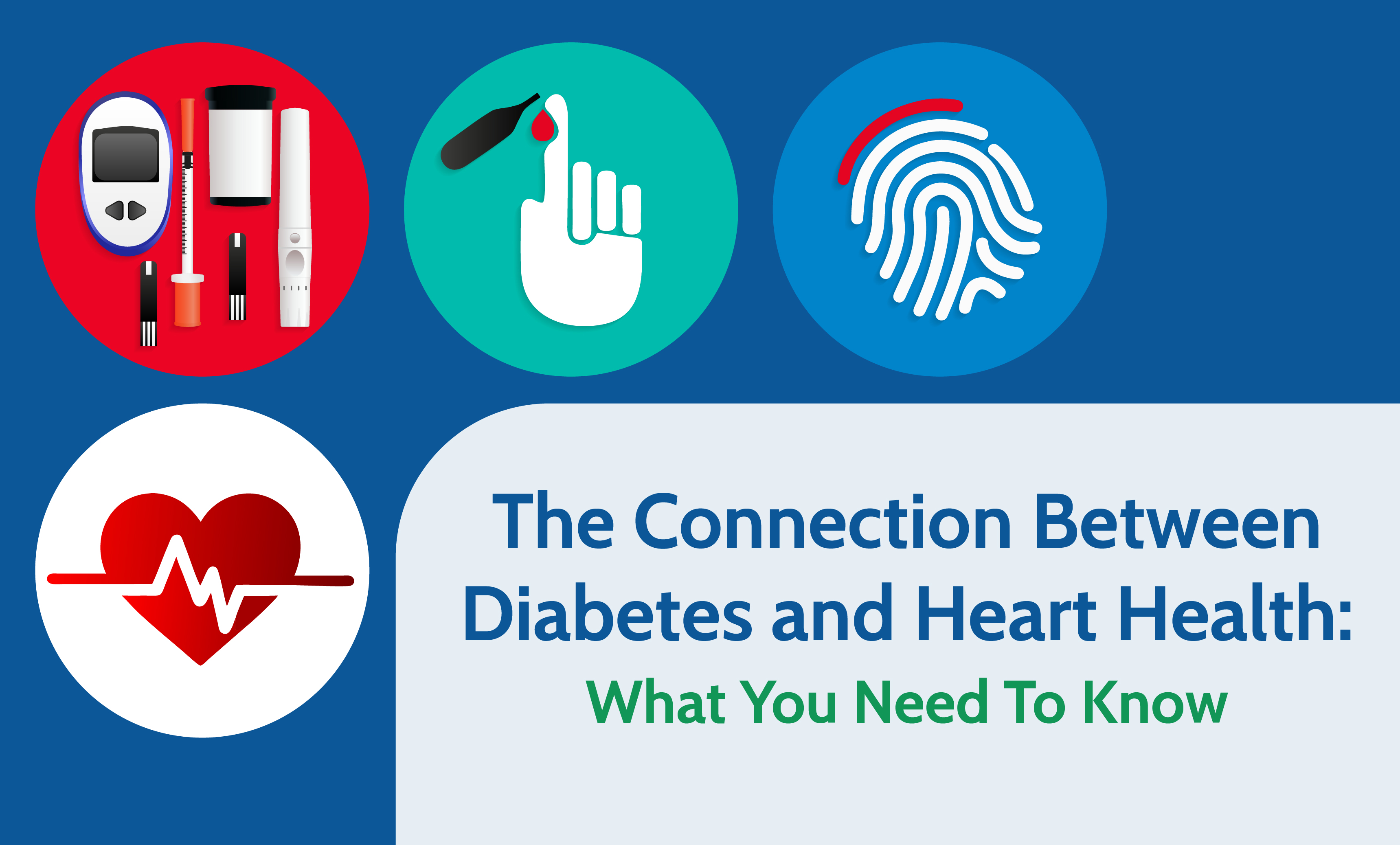
Diabetes is a long-term health conditions that affects how your body processes glucose, or blood sugar. While many people associate diabetes with complication like nerve damage or kidney issues, its connection to heart health is equally critical. Heart disease is a leading cause of death for individual with diabetes, emphasizing the importance of understanding this relationships.
The link between diabetes and heart health lies in the way high blood sugar levels damage the body over time. This damage can impact blood vessels, nerves and other systems crucial for a healthy heart.
Dr. Shreya Sharma explains, “When blood sugar levels remain uncontrolled, they act as a silent threat to the cardiovascular system. Prevention and early management are key.”
Diabetes increases the risk of several cardiovascular issues:
The elevated risk of heart disease among people with diabetes is the result of several overlapping factors:
Early detection and monitoring are crucial to lowering the risk of heart disease in people with diabetes. Key evaluations include:
Taking proactive steps to manage your diabetes and heart health can make a significant difference. Here are some practical lifestyle strategies:
Stress management is often overlooked but is crucial for overall well-being. Chronic stress can elevate blood sugar levels and harm heart health. Techniques such as mindfulness, yoga, and meditation can help manage stress effectively.
The connection between diabetes and heart health highlights the importance of preventive care. By understanding the risks and taking actionable steps, individuals with diabetes can lead full and healthy lives. Dr. Shreya Sharma advises, “Prevention is the most powerful tool you have. Small, consistent changes in your lifestyle can add up to a lifetime of better health.” Dr. Shreya Sharma is a renowned and highly respected endocrinologist, widely regarded as one of the best endocrinologists in Dehradun. With years of experience and expertise in treating hormonal imbalances, metabolic disorders, and conditions such as diabetes, thyroid dysfunctions, and polycystic ovary syndrome (PCOS), Dr. Sharma is dedicated to providing personalized and compassionate care.